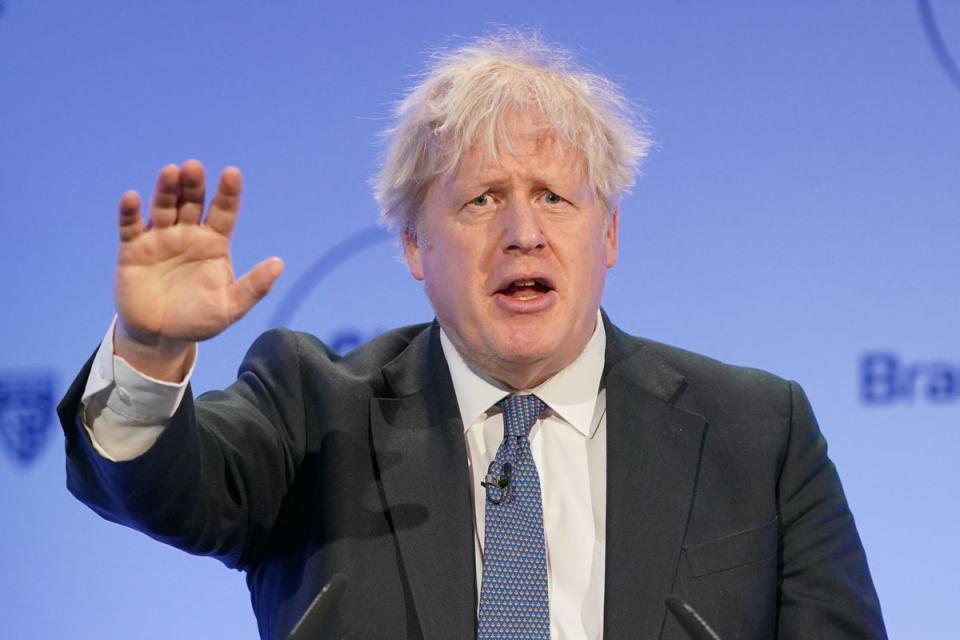Former Post Office chief Paula Vennells could be sanctioned by MPs for misleading parliament
MPs are mulling sanctions against former Post Office boss Paula Vennells after it was revealed that she may have known remote access to the Horizon system was possible two years before denying it to parliamentarians.
The cross-party business and trade committee has announced “all options on the table” as it looks into taking action against former Post Office CEO Paula Vennells in relation to potentially misleading parliament on the Horizon scandal.
The announcement follows allegations that Ms Vennells was briefed by the Post Office’s general counsel that a unit in Bracknell’s Fujitsu headquarters could access subpostmaster’s accounts remotely.
In tapes obtained by Channel 4, Post Office chief lawyer Susan Crichton confirms twice that Ms Vennells was aware of the allegations two years prior to the Post Office halting prosecutions against its own sub-postmasters, and two years before the former chief executive told MPs in 2015 that it was not possible for subpostmasters’ accounts to be accessed remotely.
The former post office boss denied to parliament in correspondence that remote access was possible, and these denials were used in the court case against sub-postmasters, including Alan Bates, as late as 2019.
Committee chair Liam Byrne has said his committee is “deeply concerned by the latest revelations” and “will be exploring options for penalising the leadership that presided over the scandal.”

The Labour MP added: “All options are on the table, including the Commons exercising its powers in relation to contempt of parliament.
“We have to make absolutely sure that we don’t jeopardise any future legal action or undermine Sir Wyn Williams’ public inquiry. I will present my committee with options upon Parliament’s return later this month for careful consideration.”
If someone is found in contempt of parliament it means that something has interfered with parliament or obstructed its member’s duties. It is loosely defined, and only parliament decides whether something counts as contempt.
In the past, contempt has been used when someone has misled the House, engaged in financial misconduct, leaked parliamentary proceedings or defied a command.
In July last year, the privileges committee found that former prime minister Boris Johnson had committed “repeated contempts of parliament” when he had “wilfully misled” parliamentarians over partygate.

The committee recommended that Mr Johnson should not be entitled to a former member’s pass, which enables most former prime ministers and lawmakers to gain automatic access to parliament and would have recommended he be suspended from the House of Commons for 90 days, had he not already resigned.
Some MPs have accused the punishments for contempt of being weak, as it is no longer customary for parliament to imprison or fine perpetrators.
In 2019, former Vote Leave director Dominic Cummings was found in contempt of parliament after he refused to attend an evidence session after being summoned by the digital, culture, media and sport select committee.
Mr Cummings was admonished in the House of Commons but little further action was taken, leading some MPs to demand the strengthening of parliamentary powers.
The business and trade committee is expected to discuss any further actions when parliament returns from recess.
The Post Office was approached for comment.


